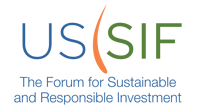These are the films from the 2020 ESG Film Festival, presented on Dec 3rd. From 508 entries, these 12 films were selected to showcase the power of ESG and Impact, and inspire audiences around the world to act. Every action we take has power.
As a member of the advisory board for this event, I helped to judge the film festival we presented at the event. We’re proud to present the films we selected below. Films denoted with Honorable Mention were not screened live due to time constraints, but were deemed on merit worthy of inclusion here.
Flowers in the River This film won both the Judges Best Film & Audience Choice awards!
Directed by: Tiffany Steeves & Andrea Chung – United States. Ankit Agarwal, founder of Phool, shares the story of the flower recycling business he created and the impact it is having on the Ganges River in India
Making of ‘Flowers in the River’
The filmmakers behind the documentary that won both of the awards at the 2020 ESG Film Festival share where the story idea came from, how they made the film, and a valuable life lesson learned along the way.
Seeding the Sea
Directed by Sarah Redmond & Caroline Almy – United States.
Off the coast of Belize, seaweed farming is a more sustainable alternative than fishing. Lowell Godfrey grew up there, and now owns his own seaweed farm that he hopes will inspire other fishermen
The Voice Of The Voiceless
Directed by Dalton Tokarcyzk – United States.
Indie rapper Marcel “FloStorm” Jones reflects on his experiences as a protestor who was arrested during the George Floyd-inspired protests during the late spring of 2020
Gando
Directed by Teymour Ghaderi – Islamic Republic of Iran.
In the Sistan and Baluchestan provinces of Iran water is scarce. However, where there is a Gando, an Iranian crocodile, there is water. The girls who fetch it risk life and limb.
Dry Tears of the Aral
Directed by Danila Volkov – Russian Federation.
The shrinking of the Aral sea over the last 60 years is the ‘most staggering disaster of the twentieth century,’ (UNDP) and has turned the lake into a toxic salt plain. Mr. Kamalov fights for the lake.
Waste Warriors of Bangalore
Directed by Goutham Varrier – India.
The people who work tirelessly to keep Indian cities clean often lead a very difficult life, with poor income, and no social security. Indha Mahoor and the NGO Hasiru Dala want to change that
Embers
Directed by Lexie Chu – United States.
A look back on the devastating 2018 Southern California fires through the eyes of animal rescuers.
Be Bold and Win the Dream
Directed by Novera Hasan Nikkon – Bangladesh.
A group of young girls in one of the most remote villages of the northern region of Bangladesh organized under the banner of a football team to stand against the gender discrimination present in their society
Iceberg Licking Society
Directed by Nathan Ceddia – Iceland. *Honorable Mention
A never before seen look into the mysterious world of the Iceberg Licking Society as the association faces iceberg-licking’s greatest threat: global warming
90 Minutes Without Meat
Directed by Dan Botterill – United Kingdom. *Honorable Mention
Football club Forest Green Rovers are known for being the world’s first carbon-neutral football club, as well as only serving plant-based fare during matches.
What About My People?
Directed by Tiffany Steeves – United States. *Honorable Mention.
Lerang Selolwane, co-CEO of Lucient Engineering in Botswana, shares his personal journey and vision for his country.
Te’la
Directed by Peter Okojie – Nigeria. *Honorable Mention
The short story of a young man that came from the northern part of Nigeria and migrated to Lagos state, one of the fastest growing cities in Africa, for a better future.
InvestmentNews also has these videos on their website as well, with more information about the event.

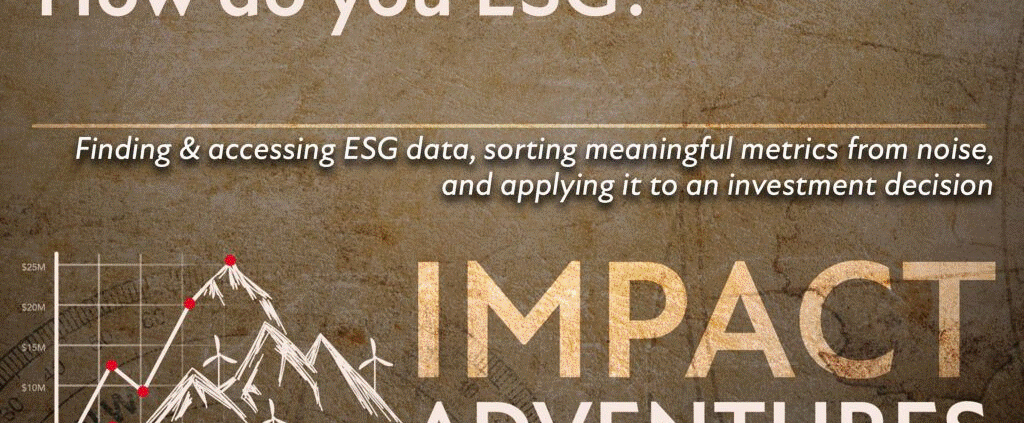

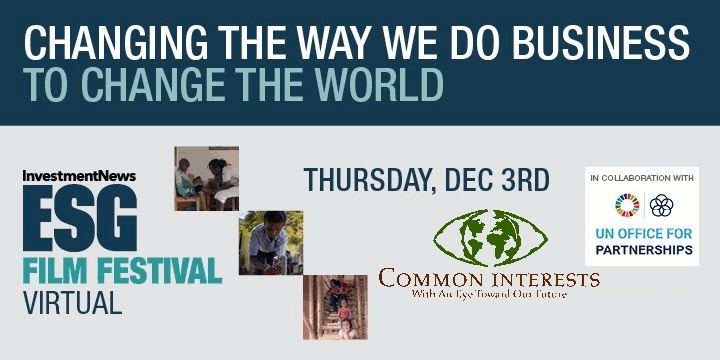

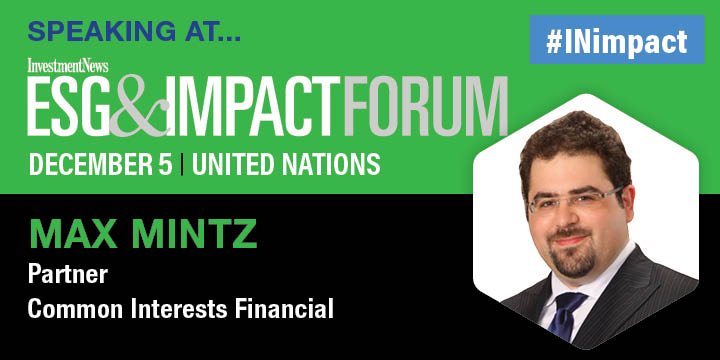
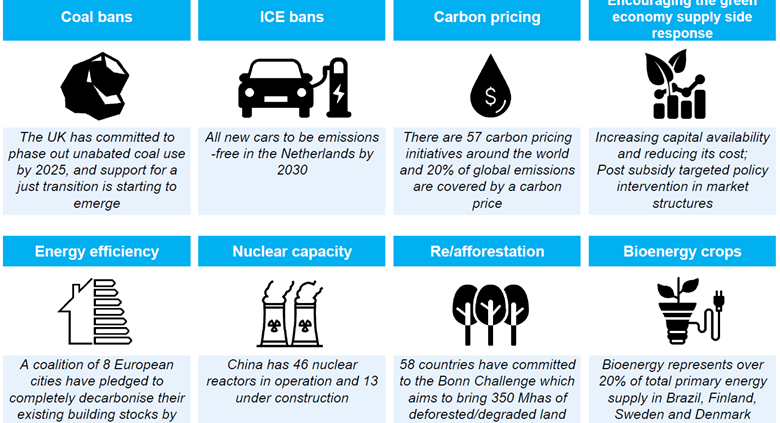
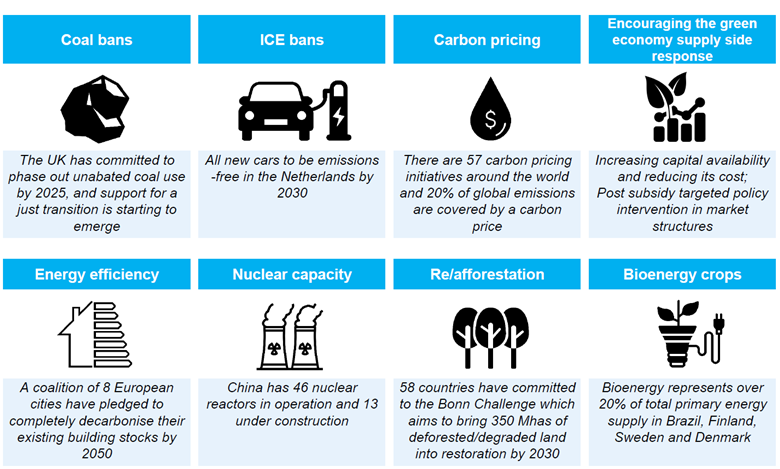

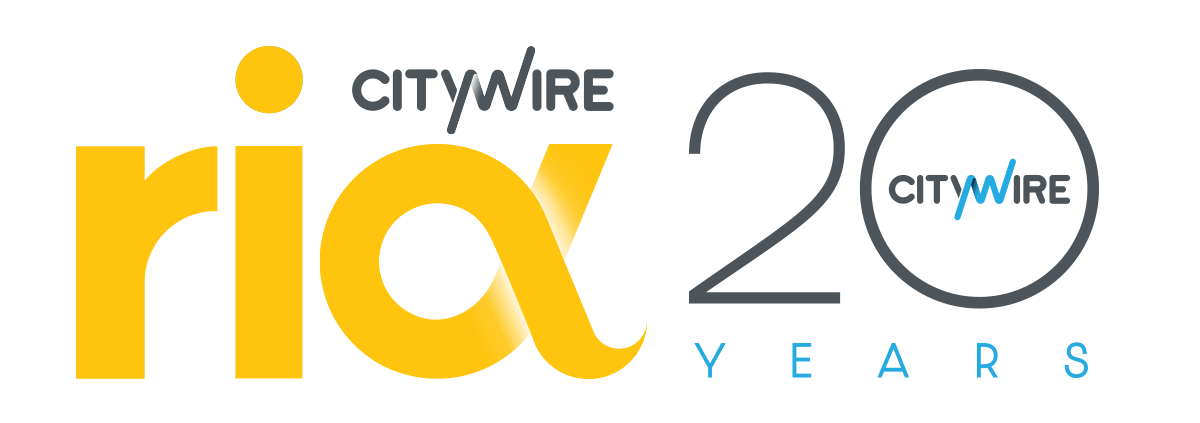
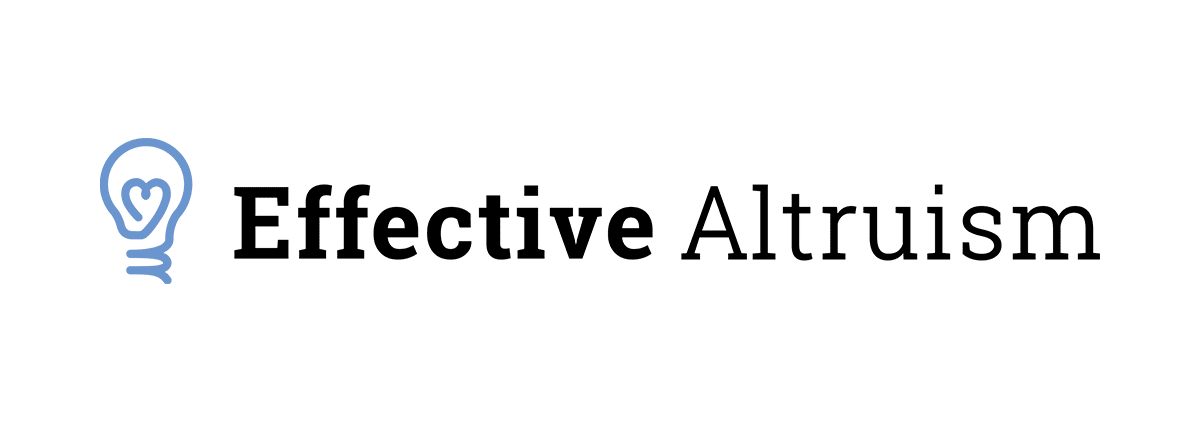 The Center for Effective Altruism
The Center for Effective Altruism
